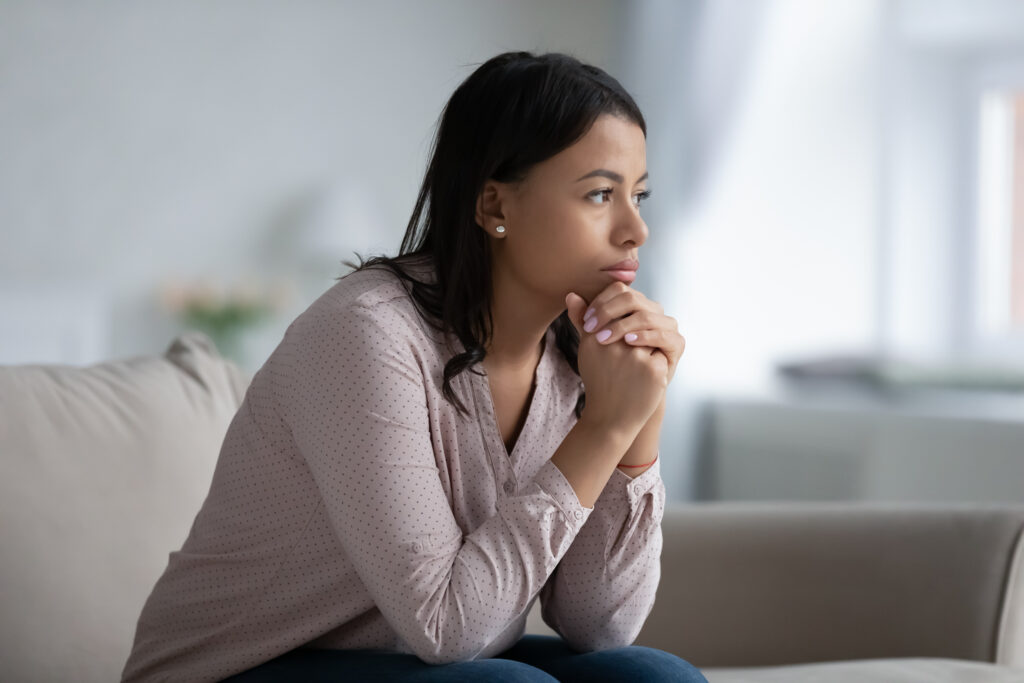Ways to Say No to Gambling Urges and Triggers

Many sources about gambling connect it with other addictions like substance use, alcohol addiction and smoking. In other words, a gambling problem isn’t a financial problem— it’s a psychiatric condition where one loses control of their actions and suffers many consequences.
Most consequences associated with gambling are the stereotypical money issues, but individuals battling gambling addictions face much more than that. A gambling addiction can lead to intense urges to gamble, an inability to stop on one’s own and subsequent feelings of depression, anxiety or intense stress as a result.
For this reason, individuals seek treatment as one of the most beneficial ways of stopping a gambling addiction. Strategies learned in counseling, such as how to stop gambling urges and triggers, can and do help.
Additionally, there are many strategies you can implement in your own life to supplement those lessons learned in gambling addiction treatment.
Avoid boredom
For anyone struggling with addiction recovery, boredom is likely to become your greatest enemy. Boredom allows the mind to wander as it tries to find something to do, which may lead to involvement in the thing you’ve been trying to avoid all along.
In order to eliminate this potential entirely, it’s important to have a plan. This might be a daily plan of what you want to get done while you’re awake, what you’re going to spend your evening doing or how you’re going to fill your time over the weekend. If you have your schedule full, you will rarely find yourself tempted to fill the time with unhealthy habits.
Find an accountability partner
Sometimes you just need someone you can go to or talk with until the urge to gamble passes. Especially in the early stages of recovery, having a friend or family member who you can reach out to on an especially hard day can be very beneficial.
Of course, you’ll want to set healthy boundaries so that no one feels taken advantage of. So long as there is clear and honest communication, and you genuinely respect the time and energy your friend offers you, it can be incredibly helpful in your recovery to have the distraction of talking to another person during those times.
Delay it
Urges can feel immediate and strong, telling you, you need to give into the temptation right now. However, a good way to stop a gambling trigger is to delay the urge.
This means waiting, or doing something else when you feel that urge. Say to yourself, “I’ll go in an hour” and find something else to do. Odds are when that hour has passed, you won’t feel the need to gamble anymore.
Easier said than done, of course, but in order to build up resistance to urges, learning to delay giving into them will be key.
Recognize that every time you say no, the urges become less severe
The first time you feel an urge to gamble with the intention of not giving in can be very exhausting. It might take up to an hour for that urge to subside. However, the urge will subside after which you will probably feel accomplished and proud, confident that you’ll be able to do it again.
Every time you keep control of the urges and refuse to give in, the next ones will become less and less severe. And this, in turn, will continue to strengthen you against the urges, helping you learn how to stop gambling overall.
Engage with a support group
Support groups can offer unique benefits when trying to quit gambling. When you actively partake in a group, you are working on overcoming your struggle with a group of like-minded people also working towards a similar goal.
Because everyone’s struggle with a gambling addiction is different, each person will have a unique story as well as suggestions on what has helped them succeed and what hasn’t. Not only can being part of a group motivate you to continue pursuing freedom from addiction, it can offer you inspiration and a community on which to rely.
Consider speaking with a counselor
Every case of gambling varies, with some being more severe and long-lasting than others, but no matter how advanced the disorder, sometimes the most effective method of stopping a gambling addiction is through therapy or addiction treatment.
Addiction treatment for gambling can address the root cause of the problem and begin to heal the disorder from the inside out. It can identify and address any co-occurring disorders, like alcohol or substance use, as well as help lessen side effects like depression or anxiety. In other words, treatment can help you solve and eliminate problems caused by gambling.
If you or a loved one is seeking treatment for a gambling addiction, consider reaching out to Pyramid Healthcare. Our counselors are here to help. Call anytime at 301-997-1300.







